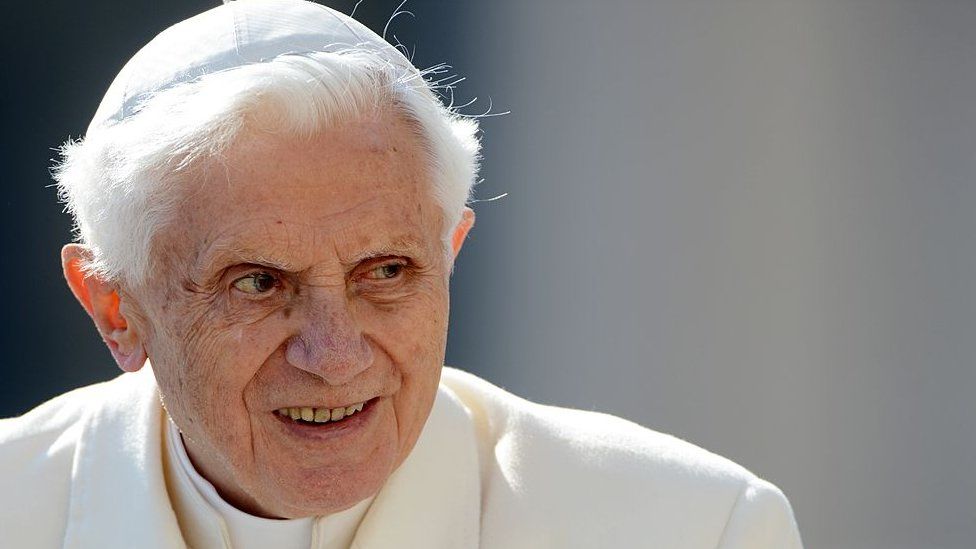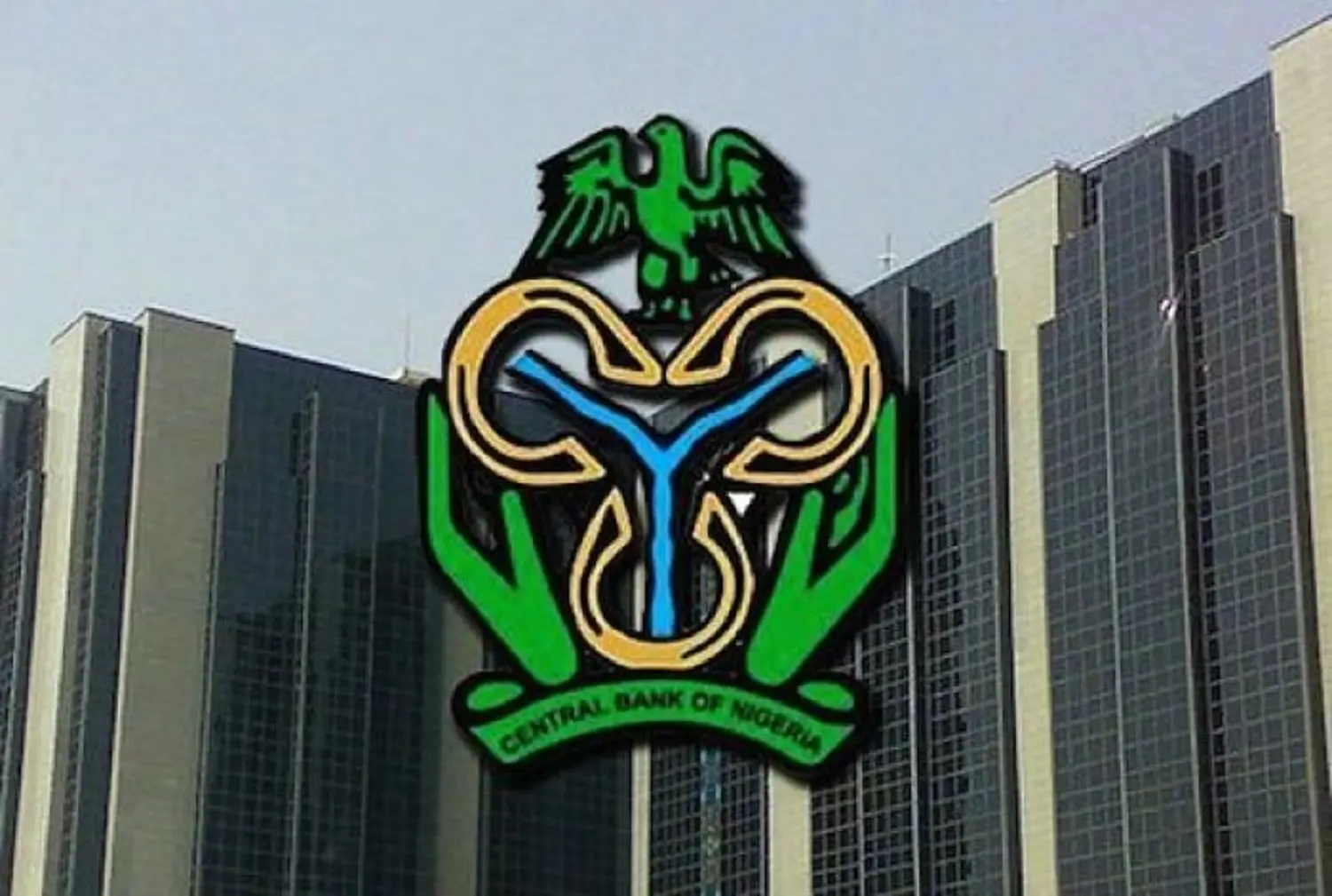Pope Benedict XVI, a distinguished German theologian and conservative enforcer of Roman Catholic Church doctrine, passed away on Saturday at the age of 95, the Vatican announced. He defied nearly 600 years of tradition by resigning and then residing for nearly a decade behind Vatican walls as a retired pope.
A conclave to elect a new pope is generally called after the death of the current pope. But when Benedict resigned in 2013, Pope Francis was chosen to succeed him.
Now, an incumbent pope is anticipated to preside over his predecessor’s funeral, which will be an unparalleled event in church history. Francis will preside over Benedict’s burial on Thursday in St. Peter’s Square, the Vatican said on Saturday.
Benedict’s body will be placed to rest at St. Peter’s Basilica on Monday as is customary so that mourners may pay their respects. He was a pope who consistently attracted both fervent supporters and vocal opponents.
Church conservatives looked to him as their intellectual and spiritual compass even before his election as pope on April 19, 2005. As a strong Vatican official, he supported church teaching in the face of rising secularism and pressure to adapt in order to draw more people to the pews.
More often than not, Benedict’s detractors will see him as a dissent-crushing figure who did too little to address sexual abuse in the church, tripped in some of his public pronouncements, and lacked the charm of his predecessor, John Paul II.
Francis changed the church’s goals, shifted the emphasis from establishing and upholding borders to pastoral inclusivity, and removed or demoted many of Benedict’s nominees.
Nevertheless, Francis has improved upon Benedict’s legacy in various ways, particularly when it comes to the epidemic of child sex abuse. The abuse that was allowed to fester under John Paul II was apologized for by Benedict, who was the first pope to meet with victims. He condemned the “filth” in the church and had some of the offending priests excommunicated.
However, as a bishop in Germany and as the director of the Vatican’s doctrinal office, Benedict was accused by abuse victims and their supporters of not going far enough in punishing some priests. Additionally, he came under fire for not doing enough to hold the hierarchy responsible for covering up and ultimately promoting child sexual abuse.
Born Joseph Alois Ratzinger, Benedict was appointed as the archbishop of Munich and Freising in 1977, the same year he was elected a cardinal. He was ordained as a priest in 1951. Four years later, Pope John Paul II called Cardinal Ratzinger to Rome, where he was appointed to lead the Congregation for the Doctrine of the Faith, one of the most significant roles in the Vatican. This office is in charge of defending church doctrine.
He managed the company for about 25 years.
Cardinal Ratzinger was nominated to succeed John Paul II after his passing in 2005. He adopted the monk Benedict of Nurcia’s name, who established monasteries and the Benedictine order and contributed to the spread of Christianity in Europe. As Benedict XVI, the next pope would work to re-evangelize a Europe that was having trouble clinging to its religion.
In the end, Pope Benedict resigned amid numerous scandals and intense pressure. He cited his deteriorating physical and mental condition. He claimed that his resignation was voluntary and made “for the sake of the church.”
It’s conceivable that his resignation, the first by a pope since 1415, will be seen as his most important deed.
He retired to a monastery on the premises of the Vatican, mostly withdrawing from public life and devoting himself to prayer and meditation. Francis paid him a visit and referred to him as “a wise grandfather in the home,” despite the efforts of his followers to elevate him to a position of power, which they were unable to do.













